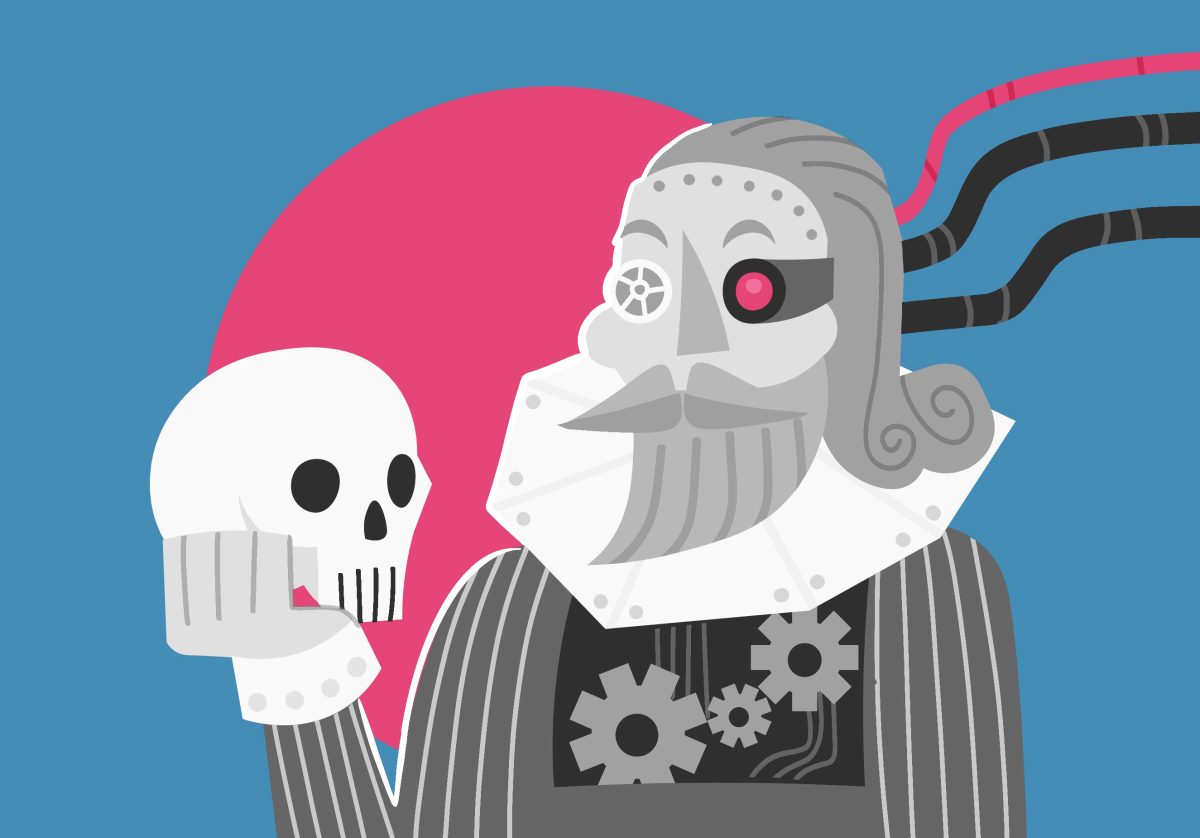Let’s set aside the complicated and bizarre history of the United States’ drug policy, and examine instead the hypocrisy of the current system with regard to a beverage known as “booze,” and a friendly herb called marijuana.
Although I may or may not be personally familiar with the effects of this weed, I have found those under the influence to be, in general, most calm and friendly, even more so than a random sampling of drunkards.
Ah, alcohol! It is a rare occasion that the drinking culture in this country is questioned. Established dealers operate out of so-called “bars,” where people can purchase a quantity of the drug from a dealer called the bartender.
People’s reasons for ingesting this poison are many, including the desire to reduce their inhibitions and stimulate conversation. Some drink to relieve stress and forget their problems; others end up creating new ones.
Regardless of motive, the dealer pours a measured amount of the buyer’s preferred flavor, and takes his money. After consuming enough alcohol, the customer is kicked out the door and sent onto the streets, where he likely gets in a car, drives home and passes out in a drunken stupor. Sound like fun?
The above ritual is not without its dangers. More than 16,000 people die each year from alcohol-related car crashes in the U.S. Another 150,000 die from diseases related to their drinking. Intoxicated people can be violent or make risky sexual decisions with no concern for the consequences. Another over-the-counter drug, tobacco, kills about 400,000 each year.
Even with all these problems, society continues to work around alcohol, as it is so ingrained in our culture that no serious argument for its removal is considered, especially since our failed Prohibition experiment.
Marijuana is also a very common drug, but its users are stigmatized differently. I have seen people criticize and stereotype others for their use of “drugs” while sucking down Busch Light by the case.
Heaven forbid someone achieves mild euphoria from smoking a little weed. It is hard to understand how the government became so serious about this particular drug, while legalizing and even profiting from alcohol and tobacco sales.
Pharmaceutical companies work constantly on new drugs to help with any sort of ailment, from depression to weight loss. Most people would understand if their grandparents take a handful of pills to help alter their biochemistry and make them more comfortable.
But some of those same people have been taught to fear and hate marijuana, which is lumped in with other illicit drugs like heroin and cocaine. They are not at all comparable.
As those who grew up in more liberal times come into power and are faced with ill parents whose ailments could be eased by smoking pot, they have created a gray area. The medical marijuana initiative is picking up steam. But the opposition continues, and thousands pay the price for possession of the drug as we all pay for related law enforcement efforts.
Medical marijuana proponents claim they are not trying to legalize the drug for everyone, but I believe it will inevitably follow. It is thus understandable that the drug’s opponents fear the slippery slope toward legalization.
After all, once it is legal to use marijuana to increase appetite and reduce arthritis pain, it will not be seen as much of a stretch to use it to get to sleep, or as a social drug.
But marijuana, like alcohol, is not social in and of itself. The enjoyment comes from other people and the interactions these drugs help unlock.
Anyone who has been around pot has witnessed its uncanny ability to bring strangers into a circle, where they can break the ice while passing the pipe, laughing and joking together. This is the treasure, not the weed, and not the alcohol.
We should always question long-held convictions to see if they are true in light of new revelations. The dangers of marijuana should be examined without interest groups trying to slow research into the truth of the drug.
We should continue to inform our children of the dangers of illicit drugs, so they will understand the addictive power of certain drugs, including alcohol. However, we should tend more toward honesty and less toward fearmongering.
For those of you who are bent against marijuana and feel that any way we can scare the children away from it is justified, I pose this scenario.
Your son comes home from his classroom, where he has been taught the conventional wisdom surrounding marijuana. He is certain he will never try the drug, and is fearful of running into a “pusher.” Imagine his confusion when he learns his grandpa smokes it, albeit legally, under one of the new medical marijuana laws.
We shouldn’t glorify drugs. We can warn strongly of the dangers. But to slow the research of marijuana because of some contrived stigma would be a disservice to those who could use the drug for both medical and social purposes.
To those who decide not to smoke marijuana because it makes you tired, uncomfortable or you overeat, that is your own choice. You should not be criticized for it, nor should you criticize someone else’s choices, especially if you suck down tobacco or alcohol like there is no tomorrow.
Brian Close’s column will usually run on Mondays. He welcomes comments to [email protected].










